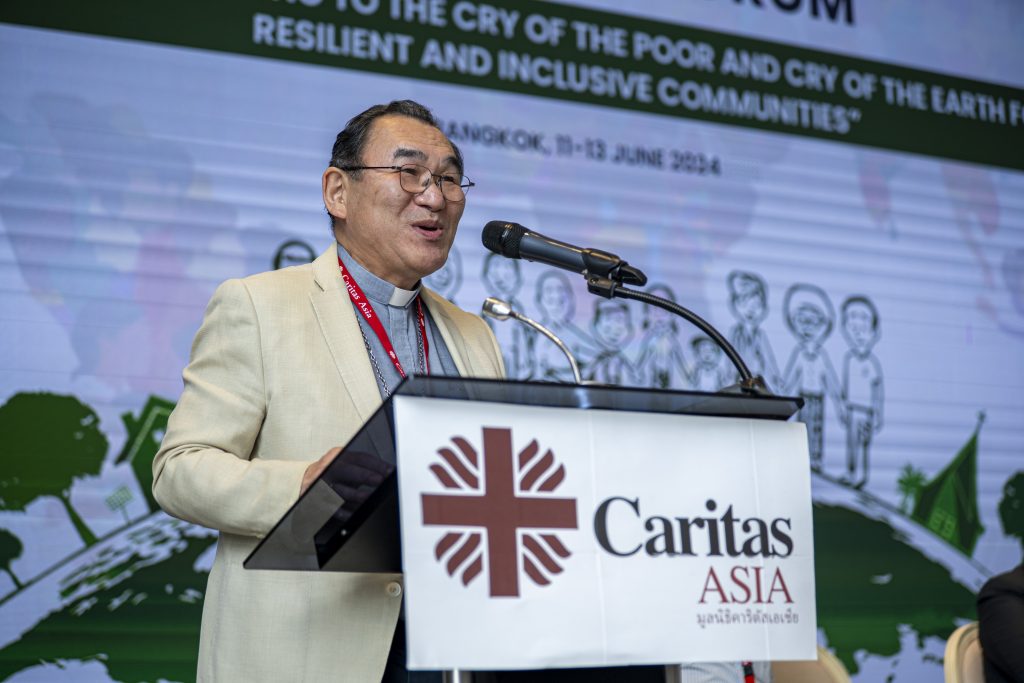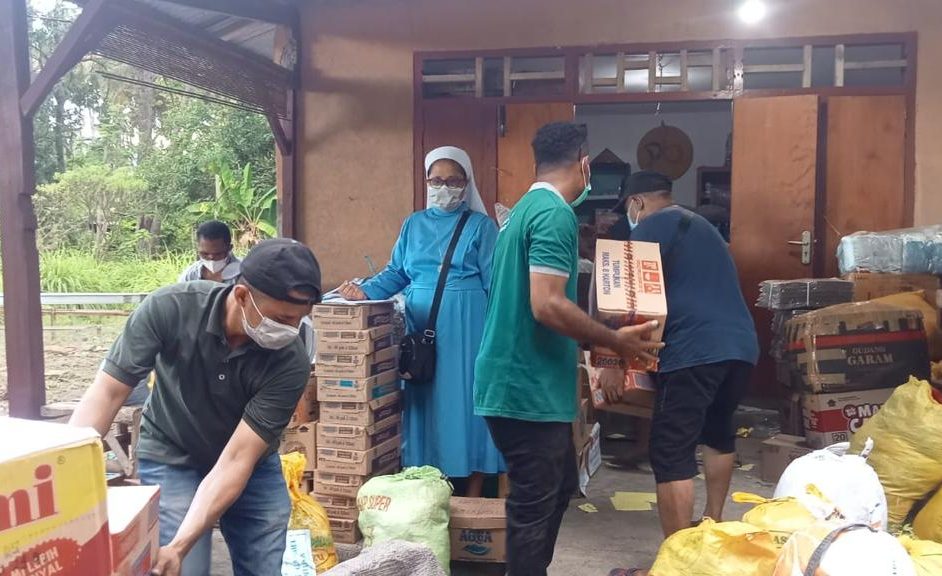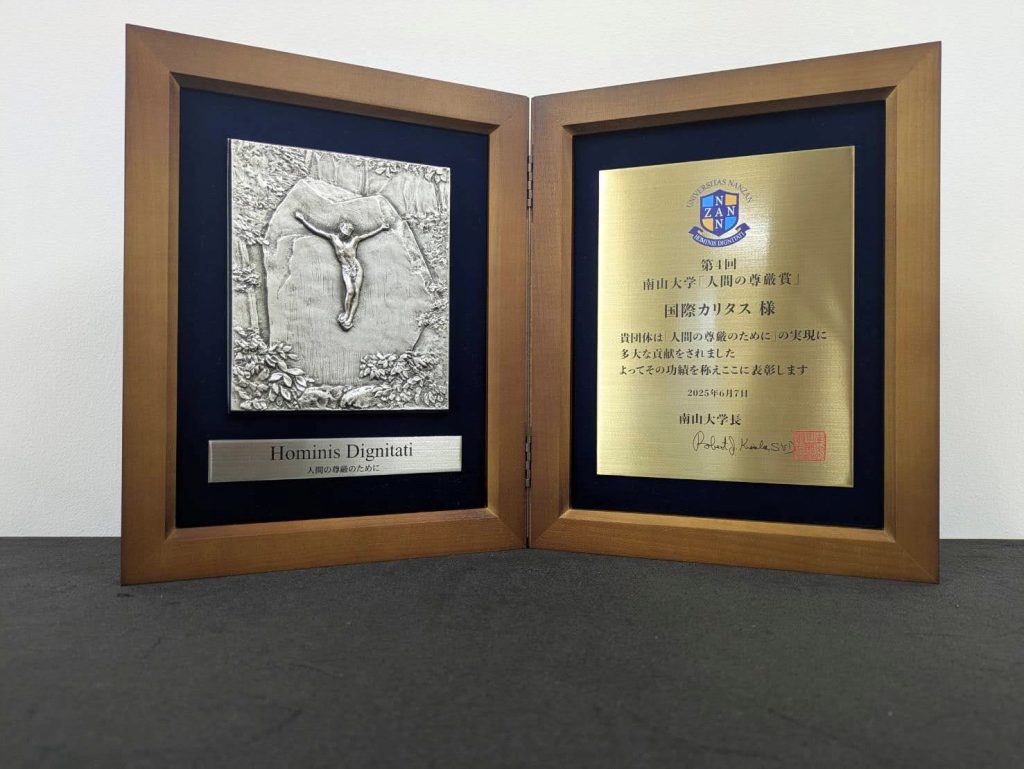Caritas Internationalis received this year’s Human Dignity Award from Nanzan Catholic University, a recognition of the Church-run global network’s decades-long humanitarian service to vulnerable communities worldwide.
Cardinal Tarcisio Isao Kikuchi, president of Caritas Internationalis and Archbishop of Tokyo, accepted the award during a ceremony held at the university, where he was also a former theology student.
“I accepted this prestigious award on behalf of everyone involved in the work of Caritas all over the world,” Kikuchi said.
The prelate said it is the “hard work” of the church social action workers in difficult situations that “Caritas has been recognized for its contribution to protecting human dignity.”
The Human Dignity Award, now on its fourth edition, was established in 2021 as part of Nanzan University’s 75th founding anniversary.
The award honors individuals and institutions that uphold the university’s motto Hominis Dignitati—“for the dignity of humans”—a guiding principle rooted in personal integrity and mutual respect.
“In a world where religion can often be used as a political tool, the work of Caritas demonstrates that religion can still play a significant role in protecting human dignity across borders through earnest efforts in specific areas of difficulty,” the university said in its citation.
Kikuchi described the award as a tribute not to a single institution but to a global mission “that has spanned more than seven decades, reached every continent and touched the lives of millions of people.”

Founded in 1951, Caritas Internationalis emerged in the aftermath of World War II as an act of mercy. Today, it comprises 162 national Caritas organizations, with a presence in crisis-affected areas across the globe.
“Caritas was born as an act of mercy, but it quickly evolved into a global movement of love and justice,” Kikuchi said.
He emphasized that Caritas workers engage as part of the communities they serve, not as outsiders. Their approach prioritizes collaboration over charity, emphasizing the importance of listening before acting and learning before leading.
For Caritas, protecting human dignity goes beyond providing basic needs—it requires presence, participation, and meaningful partnership with those affected, the prelate added.








